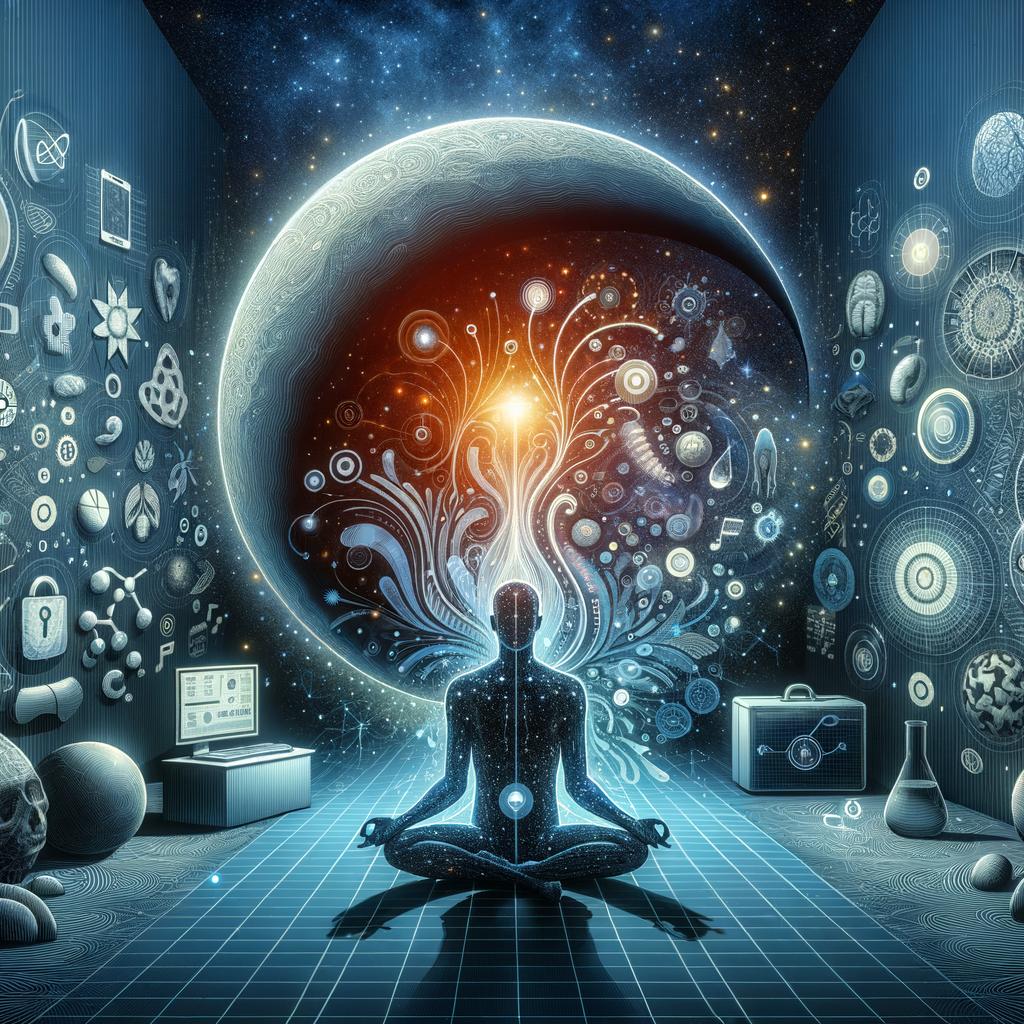
Putting the Prostate Spotlight on BPH and Nocturia
What is BPH associated with nocturia? It’s a muttered midnight mystery plaguing countless men, leaving them wide awake, wrestling with this restless riddle. BPH, officially known as Benign Prostatic Hyperplasia, is an age-related prostate enlargement that can lead to frequent nighttime urination, a condition referred to as nocturia.
This combination of BPH and nocturia isn’t just an inconvenience; it haunts men with sleepless nights and grueling grogginess during the day. As the tale unfolds, we’ll dive, detective-like, into the unfolding mystery – what causes BPH, how it triggers nocturia, the symptoms to watch out for, and the varied treatments available.
How BPH Throws the Body’s Balance off Kilter
When the prostate enlarges, it “squeezes” on the urethra, that crucial canal in charge of carrying urine from the bladder on its final exit journey. In a twist of bitter irony, this squeezing creates an urge to urinate more often yet hinders the urine’s smooth flow down the urethra, leaving a residual amount behind.
Of BPH and Nocturnal Disruptions
Nocturia paints a picture of sleepless nights and multiple marches to the bathroom. Constantly disrupted sleep cycles can lead to daytime sleepiness, mood changes, and even impact overall health. This night-time nuisance, triggered by an enlarged prostate, poses a significant interference to a peaceful night’s sleep and, subsequently, overall quality of life.
BPH and Nocturia: Signs to Take Seriously
The symptoms of BPH might seem sneaky initially, typically starting with an increase in the urge to urinate. As the prostate continues to grow, the squeezing effect on the urethra tends to create a hesitation or weak flow when one starts urinating.
Pinpointing Prostate Red Flags
Men suffering from nocturia due to BPH often describe it as a pressing need to urinate several times during the night. Notably, this doesn’t just disrupt their sleep cycle; these nightly bathroom visits can further compound the issue, causing subsequent symptoms like daytime fatigue and mood disturbances.
Tackling the Tricky Twosome: BPH and Nocturia
Knowing the problem is only half the battle; the other half is choosing the right weapons to fight back. Thankfully, medical science has made significant advancements offering a plethora of treatments, ranging from medication to surgical interventions.
Medications, Minimally Invasive Surgeries, and More
Prescription medications are often the first line of defense, used to either shrink the prostate or relax the bladder, aiding easier urine flow. However, if medication doesn’t impart the desired relief or if BPH advances beyond a certain stage, minimally invasive surgical treatments may be recommended.
Grit, Guts, and a Proactive Game Plan
A regular check-up with the doctor, living a healthy lifestyle, plus a keen eye for symptoms is your best bet for keeping prostate problems at bay. Don’t let the fear of BPH and nocturia rob you of restful nights and productive days.
Knowledge: Your Shield against BPH and Nocturia
Being informed and proactive can make all the difference when dealing with conditions like BPH and nocturia. Remember, like an unwelcome midnight marauder, BPH with nocturia can sneak up on you, but with the right awareness and action, you can wrestle it into submission.
Conclusion
BPH and nocturia can seem like an insurmountable issue, disrupting your peace and routine. But knowing what to watch for, getting regular checks, and actively working with healthcare professionals can keep this midnight marauder from seizing control of your nights – and days.
Frequently Asked Questions
1. What causes an enlarged prostate?
While the exact cause remains a mystery, an enlarged prostate – or BPH – is linked to changes in hormone levels that occur with age.
2. Is frequent urination always a sign of BPH?
No, frequent urination can have many causes, including urinary tract infections, diabetes, and bladder issues. It’s essential to consult a healthcare professional for a correct diagnosis.
3. Can diet and lifestyle impact BPH and nocturia?
Certain foods and drinks, like caffeine and alcohol, can stimulate urine production, which could exacerbate nocturia. Regular exercise, maintaining a healthy weight, and managing stress can also be beneficial.
4. Can BPH and nocturia be cured?
While there isn’t a cure, BPH and nocturia can be effectively managed with lifestyle modifications, medications, and, in some cases, surgery.
5. Should I be concerned if I have BPH with nocturia?
While it’s a common condition, particularly among older men, it’s essential not to ignore it. It can impact your sleep, overall quality of life, and potentially lead to other health problems. It’s always wise to discuss such symptoms with a healthcare professional.


